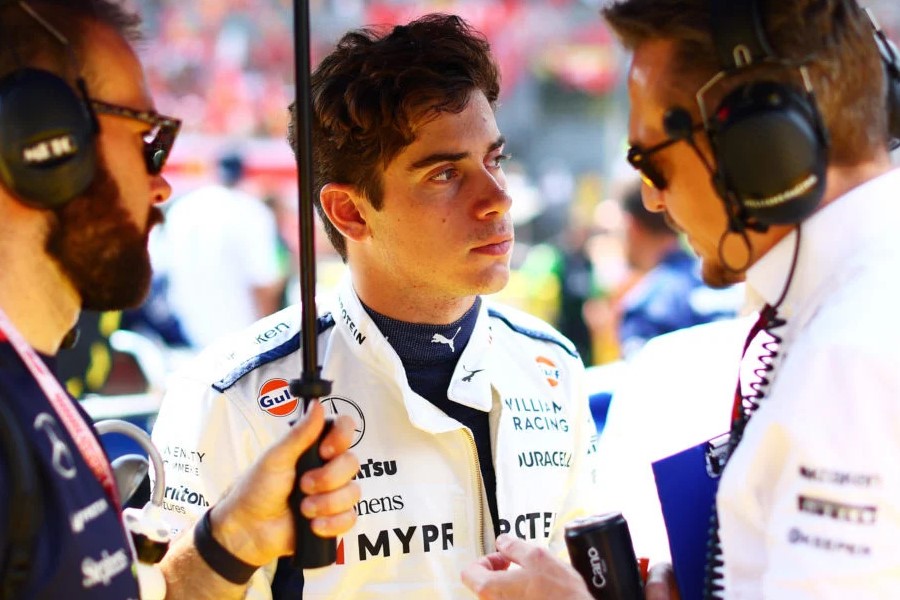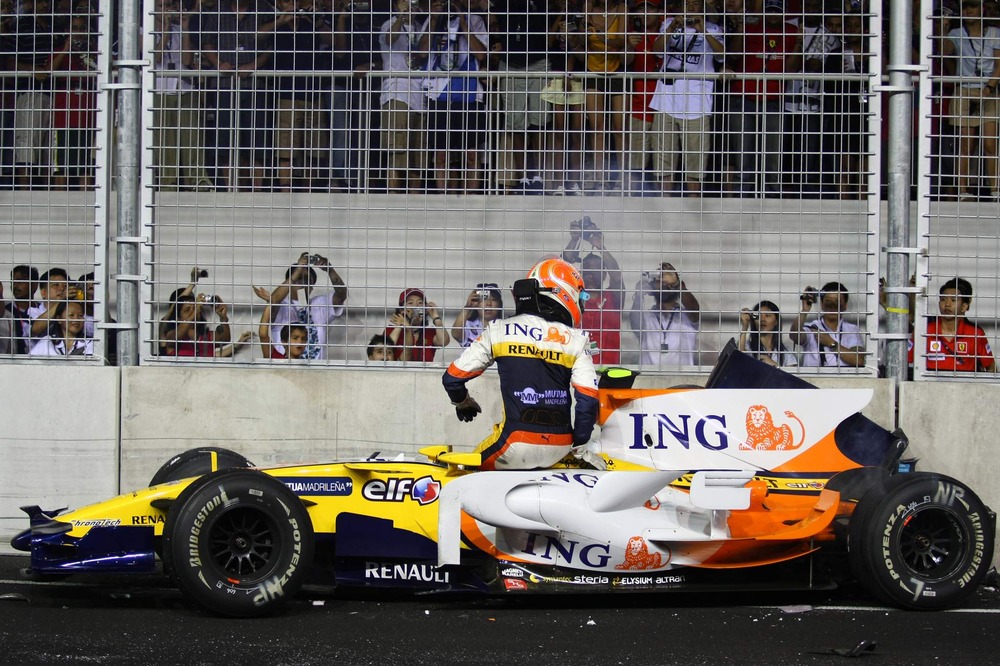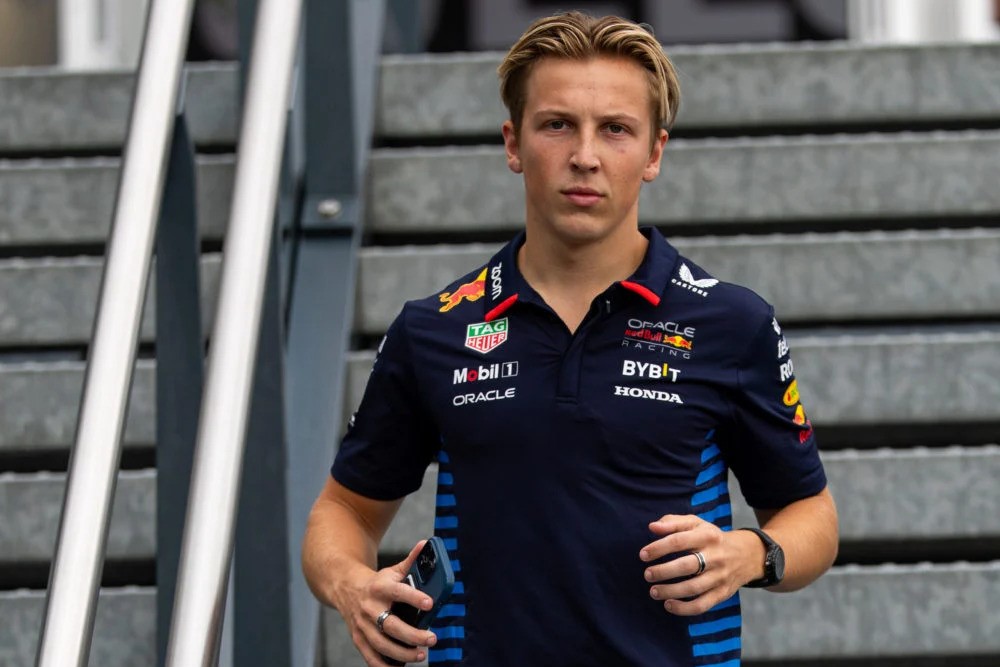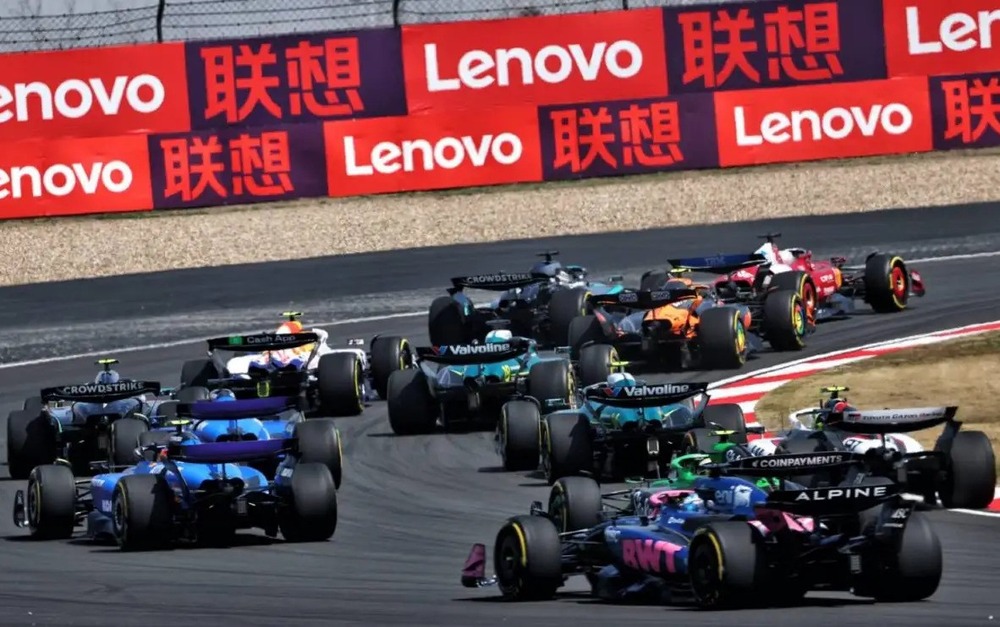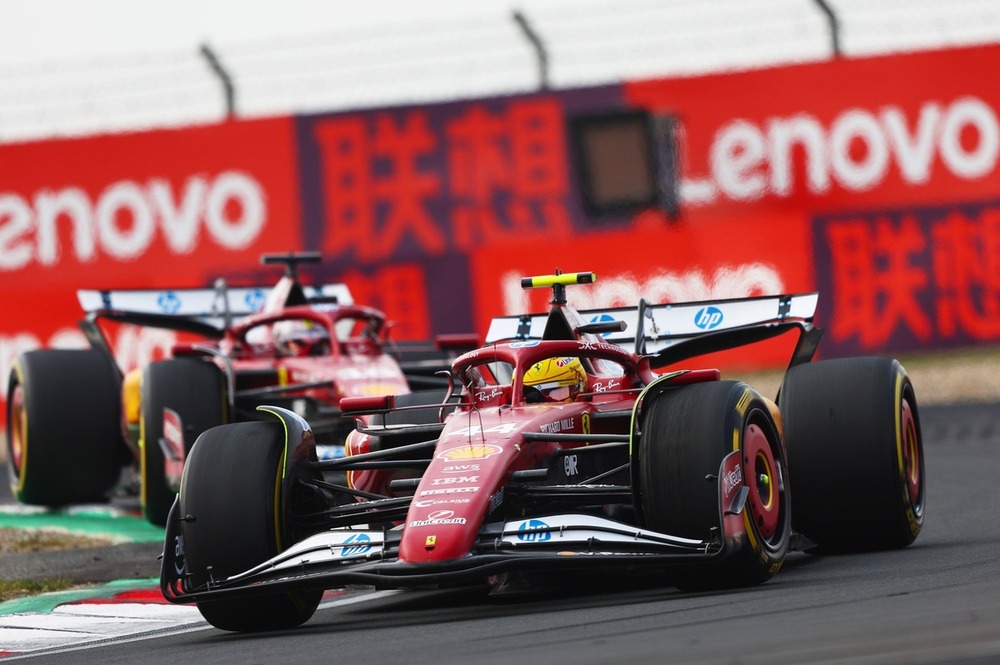Williams Racing is open to facilitating a deal that would see Franco Colapinto secure a seat with Audi for the 2025 F1 season.
This comes after the young Argentine driver has made a remarkable impression during his brief time in F1, stepping in as a replacement for Logan Sargeant.
Williams Team Principal James Vowles has expressed his support for Franco Colapinto, underlining the importance of allowing talented drivers to showcase their skills on the grand stage of motorsport.
The 21-year old driver who is part of the Williams Racing Academy made his debut at the Italian Grand Prix and quickly caught the attention of fans and pundits alike.
Colapinto finished 12th in his first race but it was his performance in the Azerbaijan Grand Prix that truly solidified his status as a promising talent after he finished eighth, securing points for the team on only his second outing.
His impressive results have sparked discussions about his future in the sport, particularly with Audi’s impending takeover of Sauber, which is set to happen in 2026. As Audi prepares to enter Formula 1 as a full constructor, the second seat remains unfilled having already signed Nico Hulkenberg for 2025 F1.
This presents an opportunity for Colapinto to potentially join Hulkenberg at Sauber and Vowles has indicated that he is willing to engage in discussions with Audi regarding the young driver’s future.
“In two races he showed the world he’s deserving of a place in Formula 1,” said the Williams Racing boss. “So I have always been a firm believer that you have to let good drivers race.
“We’ll see if we can find a way of working with Audi in that circumstance. That’s what I was implying for next year.
“Let’s see what it ends up being because we have our driver line-up cemented – I think it’s still the right line-up for Williams as we’re growing and becoming world championship material.
“But I’m incredibly proud, like a father, of what Franco’s achieved, and want him to be successful, and also the right way of having him back here in Williams performing is making sure that he’s building his career.”
While Williams has already confirmed Carlos Sainz and Alex Albon as its drivers for 2025, Vowles is keen on ensuring that Colapinto continues to progress in his career. He added that while the young driver will always be part of the Williams family, it is crucial for him to race and develop further.
“I won’t go into the contractual arrangements, but he will always be within the family,” he said. “And that’s what you need to know, but that doesn’t mean he can’t race elsewhere.”
The team principal’s paternal pride in Colapinto’s achievements reflects a broader philosophy within Williams Racing: fostering talent and providing pathways for young drivers. His potential move to Audi for 2025 F1 would not only benefit him personally but could also serve as a strategic advantage for the team as it looks to establish itself in the sport.
The decision-makers at Audi are likely keen on pairing experienced drivers like Hulkenberg with young talents who can bring fresh energy and competitive spirit to the team. Given Colapinto’s recent performances and his status as a rising star in motorsport, he fits this profile perfectly.
However, competition for Sauber’s second seat is fierce. Alongside Franco Colapinto, Valtteri Bottas and McLaren prospect Gabriel Bortoleto are also in the running to secure the coveted seat for 2025 F1.
Bottas brings years of experience and has been a reliable performer throughout his career, while Bortoleto currently leads the Formula 2 standings and has been granted permission by McLaren to discuss potential opportunities with Sauber.
This dynamic creates an intriguing scenario where the team must weigh the benefits of experience against youthful exuberance when finalizing its driver lineup.
The backdrop of Audi’s entry into F1 adds another layer of complexity to this situation. The German manufacturer is not just looking for drivers; it aims to build a competitive team capable of challenging established names like Mercedes and Ferrari.
With new regulations set to come into play in 2026, which promise smaller and lighter cars alongside significant changes in power unit technology, Audi’s strategy will be crucial in determining its success on the grid.

